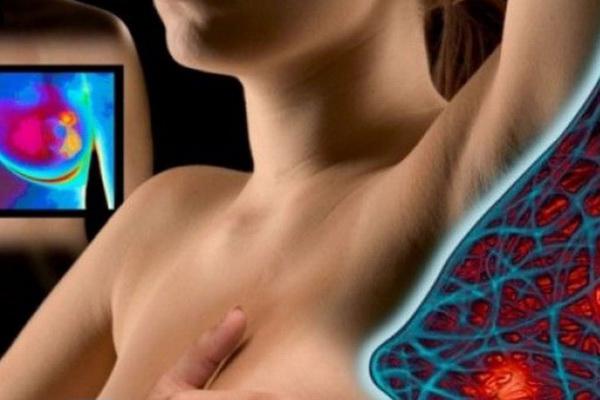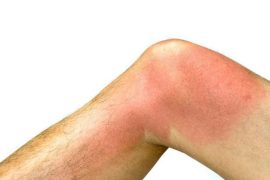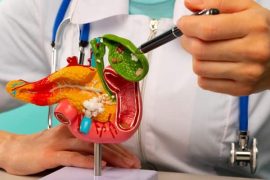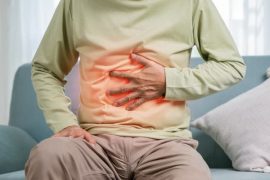Cancer is a 21st century epidemic – every year it causes the death of 8 million people around the world. Despite increased cancer awareness, most people go to the doctor too late or avoid preventive examinations. And in the fight against cancer, time plays an important role: the sooner we start treatment, the greater the chance of a full recovery. You should also know the factors that significantly increase the likelihood of developing cancer and change your lifestyle now. What daily habits pose the greatest threat to us?
Poor diet and obesity
Doctors and scientists agree – a diet rich in simple sugars and animal fats significantly increases the risk of cancer. This is closely related to hormonal imbalances (e.g., insulin resistance and abnormal pancreas), as well as to abdominal obesity – a particularly dangerous phenomenon that leads to chronic inflammation in the body and contributes to DNA damage and the formation of cancer cells. It is estimated that up to 30% of all cancers are associated with poor nutrition (especially breast cancer, endometrium, colorectal and rectal cancer, as well as kidney and esophagus).
Alcohol abuse
Studies have also confirmed that drinking alcohol significantly contributes to the formation of cancer of the breast, mouth, larynx, throat, esophagus and liver. This is due to the metabolism of alcohol in the body and the formation of a by-product, acetaldehyde, which can contribute to DNA damage and the formation of tumors. The more alcohol you drink, the higher the likelihood of an ailment.
Cigarette smoking
Smoking in any form (regardless of the quality and type of cigarettes) is one of the first causes of cancer risk. Substances in smoke penetrate the cells of the body and contribute to genetic mutations that lead to the formation of cancer cells. Lungs are most vulnerable, such as the throat, larynx, mouth, esophagus, stomach, pancreas, and kidneys. Scientists estimate that after about 10 years a year, up to 10 million people worldwide die from cancer caused by smoking.
Frequent sunbathing
Frequent exposure to sunlight significantly increases the risk of skin cancer (melanoma). Ultraviolet radiation in large quantities has a very negative effect on the skin – it dries, accelerates the aging process, and also predisposes genetic mutations of body cells. Therefore, it is recommended to limit the influence of bright sunlight – in the spring and summer from 11 to 15 hours – then it is important to use filters and cover your head. Sunburn is very dangerous, as is the use of tanning beds – they are more harmful than sunbathing in the sun.
Lack of sleep
Inadequate sleep can also contribute to cancer. Regular sleep, “sleep at night”, as well as a change in the system, cause disturbances in the secretion of melatonin – the sleep hormone. It is also a natural antioxidant, and its highest concentration in the body occurs between midnight and three in the morning. This is why persistent melatonin deficiency (caused, among other things, by too late sleep) causes poor mood, memory and concentration, and also contributes to the development of cancer. The optimal amount of sleep for an adult is 7-8 hours.








